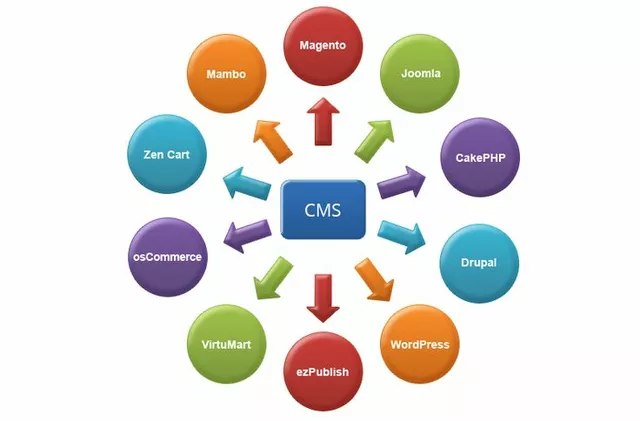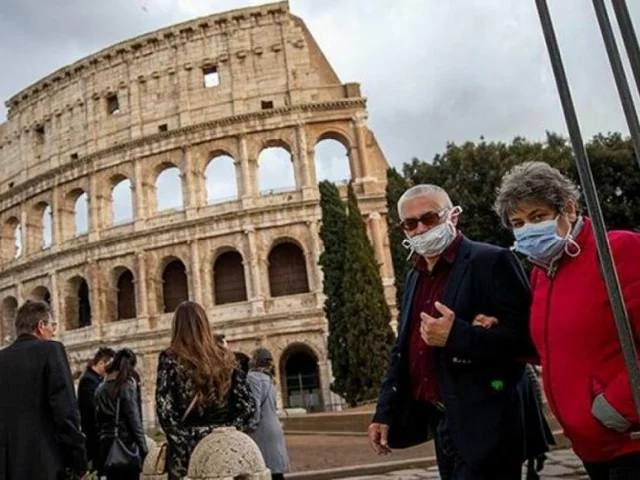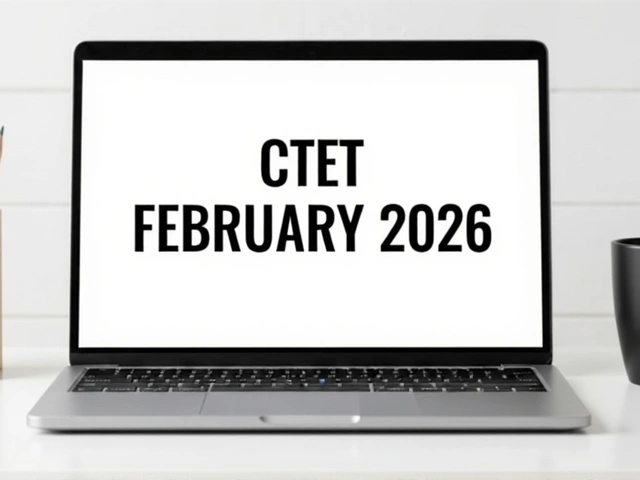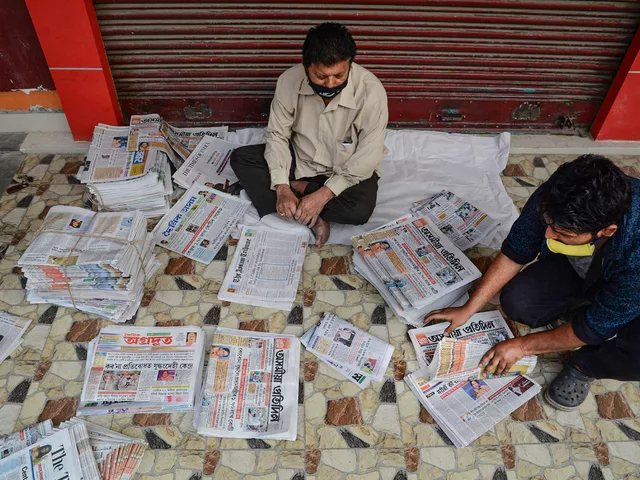Indian News Websites: Best Sources for Reliable Updates
Want fast, reliable news about India without wading through opinion pieces? This page lists top Indian news websites, how they differ, and when to use each. You’ll get practical tips to choose sources for politics, business, local updates, and international context.
Start with mainstream national dailies when you need breadth. Sites like Times of India and The Hindu publish wide coverage every hour: politics, economy, city news and longform analysis. Use them for daily headlines and deep reads. The tone and editorial stance vary—compare both to get a balanced view.
TV outlets and digital-first sites
TV news sites such as NDTV and India Today mix video and text for quick updates and live coverage. They’re useful during breaking events because live reports and visuals arrive fast. Digital-first outlets like Scroll, The Wire, and The Quint focus on investigative pieces and explainers. Pick digital-native sites when you want deeper analysis or perspectives you won’t find on TV.
International outlets and niche trackers
International brands such as BBC and Reuters add global context to India stories; use them when you need an outsider’s view or cross-border comparison. For markets and policy, check Economic Times and Mint for timely stock, policy and sector news. For real estate and property trends look for sector-focused coverage that tracks launches, regulation changes, and price movements.
Local city coverage matters when you care about permits, builder news, and municipal notices. Regional language sites and city editions report details national outlets miss. If you’re house hunting, follow a local paper’s website and local civic feeds to spot approvals, objections, and neighborhood plans early.
Trust and bias: no outlet is perfectly neutral. Cross-check big claims across at least two outlets—one national and one independent or international—to spot gaps or spins. Check for named sources, links to official documents, and on-the-record quotes. Articles with clear sourcing and data are more reliable for decisions like investments.
Speed versus depth is a real trade-off. Wire services and live TV get facts out fast but rarely explain implications. Investigative pieces and feature articles take longer and reveal trends and causes. Use fast feeds for alerts and long reads when you need context and evidence before acting.
Practical habits that save time: set keyword alerts for your city, developer names, and relevant laws; subscribe to short daily newsletters from one national and one business site; follow a local news handle for on-the-ground updates. Use reader mode or ad blockers to read without distractions.
Verify images and claims by checking reverse image searches and official press releases. For contentious or confusing stories, search for the original government notification or court order cited in the report. Fact-checking sites and official ministry pages help confirm details quickly.
Pick a starting mix: one national daily, one business title, one TV site, one investigative outlet, and one local paper. Rotate sources regularly to avoid echo chambers and get clearer signals when property, policy, or market shifts matter to you right away.
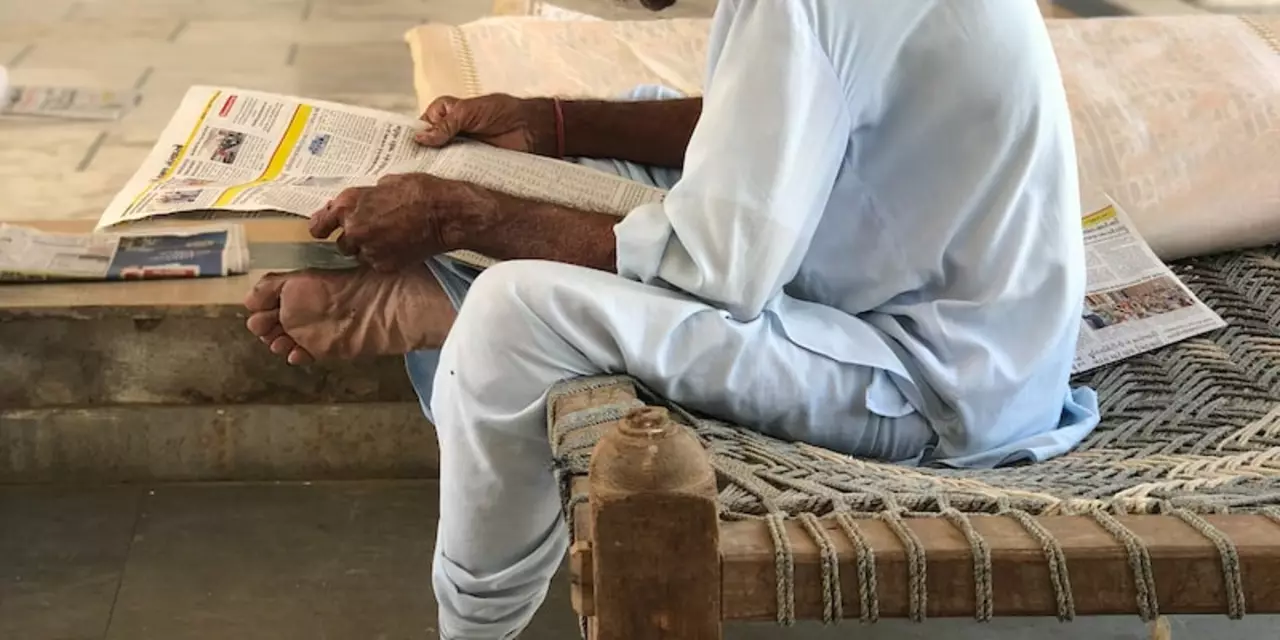
What are the best sites for Indian news?
The article discusses the best websites for Indian news. It mentions the official websites of leading Indian newspapers such as The Times of India and The Hindu, as well as other popular sources like NDTV and India Today. Additionally, it mentions websites like Reuters and BBC News that provide coverage of international news with an Indian perspective. It concludes that each of these sources has its own strengths and weaknesses, and readers should evaluate them based on their individual needs and interests.
Indian News Websites
